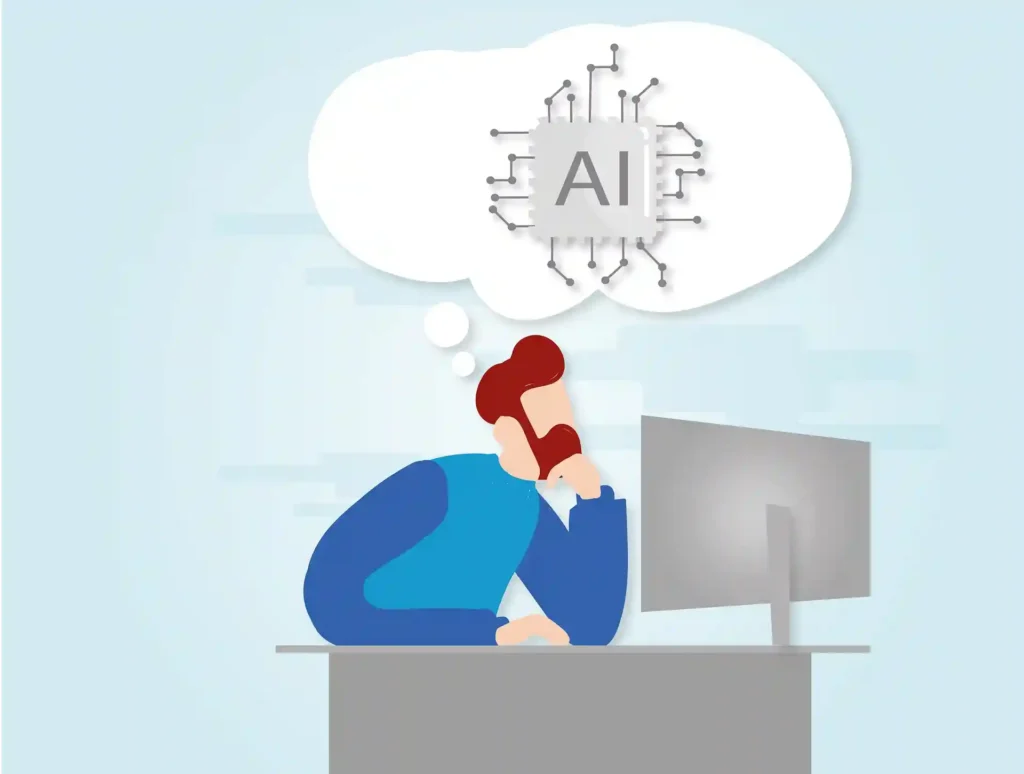
AI Assistant Architecture: Optimizing Collaboration and Productivity in Projects
Efficient management and coordination are critical to ensuring that projects run smoothly from the initial design to the final build. AI-powered AI assistant architecture tools are transforming how architects manage tasks, make decisions, and collaborate with their teams. These assistants can automate repetitive tasks, provide predictive insights, and streamline communication, ultimately optimizing both productivity and collaboration in architectural projects.
How Can an AI Assistant Improve Project Management and Coordination in AI Assistant Architecture?
AI-driven AI assistant architecture tools can automate administrative tasks, offer predictive insights to aid decision-making, and enhance team coordination through reminders and notifications.
Automating Repetitive and Administrative Tasks to Save Time
One of the key benefits of using an AI assistant in architecture is the automation of repetitive and administrative tasks. These tools can:
- Automatically generate documentation, organize schedules, and manage architectural surveys, saving valuable time for architects to focus on creative work.
- Use AI to handle routine tasks such as tracking project progress in BIM software, updating building maintenance schedules, and managing supply orders for building supplies.
- Automate the creation of digital illustrations, 3D models, and reports, freeing up manual effort and reducing errors.
By automating these time-consuming tasks, AI assistants allow architects to work more efficiently, boosting overall project productivity.

AI assistant in architecture.
AI Assistant Architecture: Assisting in Decision-Making with Predictive Analysis and Intelligent Suggestions
AI-powered AI assistant architecture tools also provide architects with data-driven insights that enhance decision-making. These capabilities include:
- Using building analytics and predictive models to offer insights on potential design challenges, helping architects anticipate issues during the preliminary design, detailed design, or tender phase.
- Suggesting design optimizations by analyzing data from modeling software, GIS software, and other tools, allowing architects to make informed decisions about materials, costs, and timelines.
- Generating forecasts for construction project management, such as predicting delays or resource shortages, based on historical data and current project status.
This ability to provide predictive insights ensures that architects can make smarter, more informed decisions throughout the project lifecycle.
Improving Team Coordination with Automated Reminders and Notifications
AI-driven AI assistant architecture tools excel at improving team coordination through automated communication. This includes:
- Sending automated reminders and updates to team members regarding key project milestones, deadlines, and tasks, ensuring that everyone stays on track.
- Enhancing communication between teams by providing real-time notifications on design changes or progress updates via BIM management platforms and construction project management systems.
- Coordinating resources more effectively by using AI to monitor the movement of building supplies, equipment, and personnel on-site, ensuring smooth operations during the construction phase.
These tools enable better collaboration across multidisciplinary teams, minimizing miscommunication and improving project outcomes.
FAQ: 5 Questions About AI Assistant For Architecture
How does an AI assistant automate administrative tasks in architecture?
AI assistants automate tasks such as generating documentation, managing building maintenance schedules, and updating project data in BIM software, helping architects save time on repetitive tasks.
Can AI assistants help with decision-making in architectural projects?
Yes, AI assistants provide predictive insights using data from building analytics and modeling software, helping architects anticipate challenges and optimize designs based on real-time information.
How does AI improve team coordination in architecture?
AI tools send automated reminders, updates, and notifications to team members about project progress, ensuring that all stakeholders stay informed and on schedule.
Can AI assistants predict potential delays or issues in construction projects?
Absolutely. AI-powered assistants use predictive analytics to forecast potential delays, resource shortages, or design issues, allowing architects and project managers to proactively address these challenges.
What role do AI assistants play in optimizing resource management?
AI tools monitor building supplies, equipment, and personnel during the construction phase, ensuring that resources are allocated efficiently and that projects remain on track.




